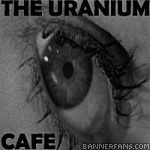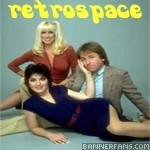skip to main |
skip to sidebar
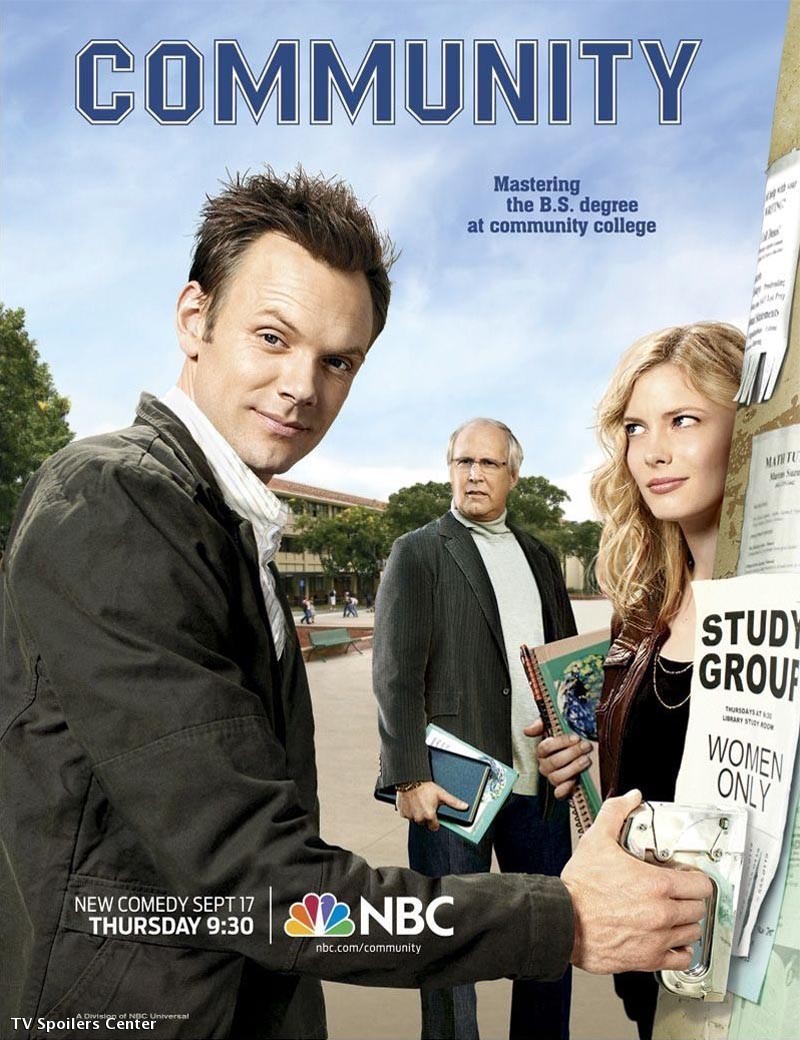

.jpg)
Enter Freely and of Your Own Will

Joanne Whalley


My Heroes...
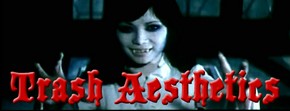
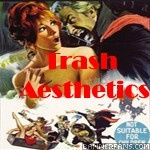
CURRENTLY WATCHING

About Me

- Chick Young
- Mi, United States
- Media fan and scholar. Mad musings and fatty drippings from my mind. Here you will find random thoughts about film, television, pop-culture, theory, and other nonsense. There will Probably a lot on horror and exploitation.
Followers
WELCOME TO MY HOUSE
.jpg)
Enter Freely and of Your Own Will
Popular Posts
actor of the moment

Joanne Whalley
BLOG BUDS
Featured Columns
Trash-Aesthetics Random Recommendation

Blog Archive
My External Links
Sites I Like
- 10,000 Bullets
- Always Returning
- Anchorwoman in Peril
- Arbogast On Film
- Bombproof Cinema
- British Horror Anthology Hell
- Carlos Aguilar
- Cinebeats
- Cinedelica
- Cinema Retro
- Cinema Strikes Back
- Cult Sirens
- Diary of a Man Out of Time
- Dr. Who
- DVD Basen
- DVD Beaver
- DVD Drive-In
- DVD Maniacs
- DVD Verdict
- Erik Marshall
- Film of the Year
- Giallo-Fever
- Greenbriar Picture Shows
- Groovy Age of Horror
- Hammer and Beyond
- Hong Kong Movie Database (Reviews of Ed Waffle)
- Horror DVDs
- House of Self-Indulgence
- I'm in a Jess Franco State of Mind
- La Abadia de Berzano
- Labyrinthine Meditations
- Mad Mad Mad Mad Movies
- Marisa Mell
- Mr. Peel's Sardine Liqueur
- No Smoking In The Skullcave
- Retrospace
- Search My Trash
- Shadow's B-Movie Graveyard
- She Sees, Reads, and Writes
- Space Bastard
- Starlet Showcase
- Synapse Films
- Taliesin Meets The Vampires
- Teresa Mak & Other Hong Kong Actresses
- The Cheerful Earfull
- The Horror Blog
- The Manchester Morgue
- The Moon is a Dead World
- The Pinocchio Theory
- The Uranium Cafe
- Trailers From Hell (Joe Dante)
- Trixie's Treats
- Universal Horror Sounds
- Video Watchblog
- Whimsical F-Bomb
- Xploitedcinema
Recent Comments
Bela and Boris

My Heroes...
BLOG BANNERs







